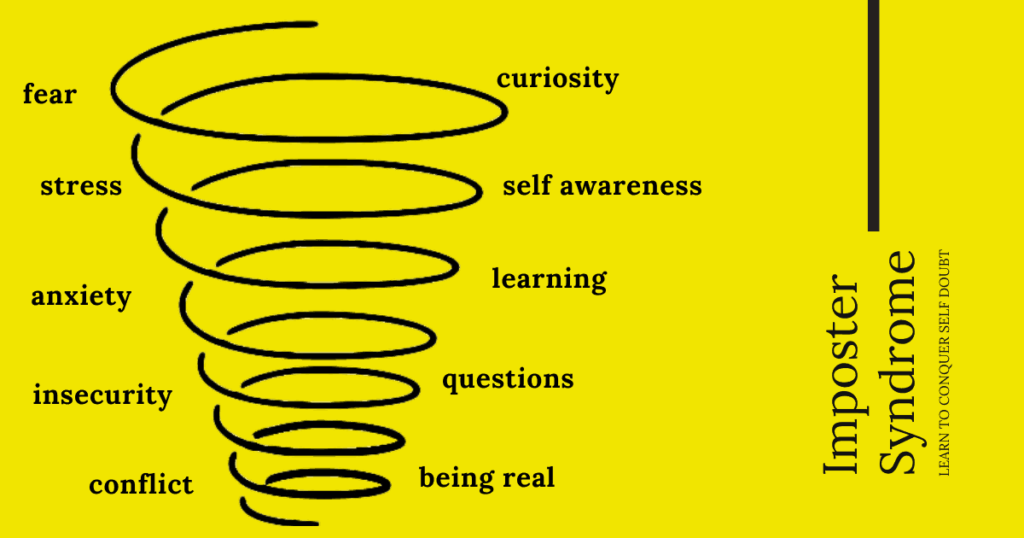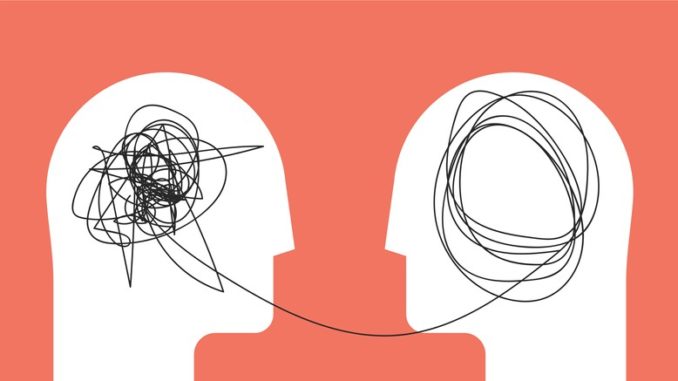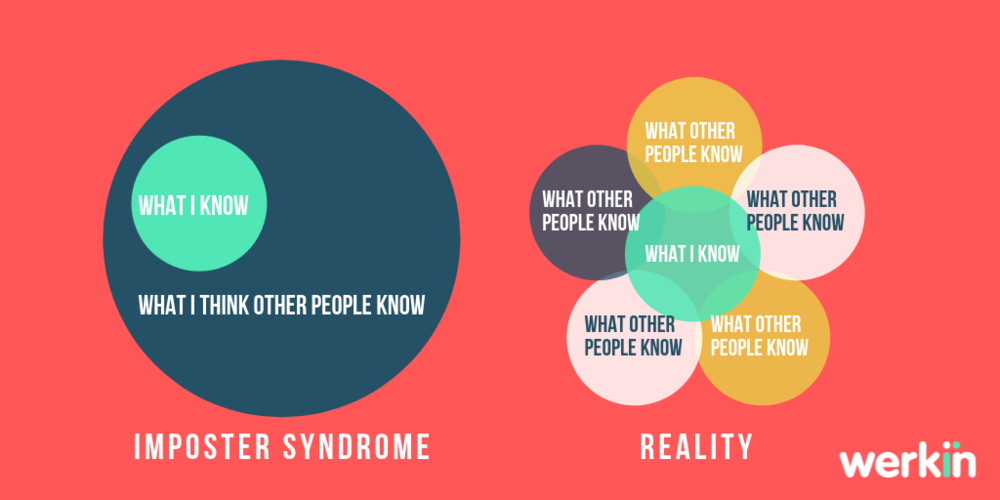“Did I deserve it or was it just a sheer of luck?”
How many of us have guilted ourselves into doubting our achievements? How many of us think that our ideas were not worthy of the attention that they’ve received? A study of International Journal of Behavioral Science shows that 70% of us have felt like an impostor at some point.
Impostor Syndrome is a recurring psychological experience where people believe that they’re fraud. It makes us doubt everything that we’ve achieved till date, no matter big or small, and pulls us into this dark hole of thinking that it was all because of the luck.

This syndrome is so intense that when I first came across this concept, it made me think that I was crazy to even consider myself of having this syndrome because I had no achievements to doubt about in the first place.
The funny part is, apparently, it mostly strikes high achieving people. Now, I am not calling myself that, but you can take this example who has suffered greatly by this syndrome. Maya Angelou, who has written eleven books and has won so many awards, could not escape this staggering feeling about doubting her own achievements. She feared that one day people would find out that she was not worthy of her accomplishments. Although, her achievements were rare, this phenomenon is more common than you think, so if you have it, you’re not alone.
Valarie Young, the expert on this matter has found the following patterns about impostor syndrome and to help you I’ve compiled a few questions that you can ask yourself to see if you fall into any of these.
- Perfectionist- You believe that making a mistake is a weakness.
Ask: Are you usually over prepared for meetings and presentations? Do you have a trouble letting it go?
- Workaholic- You can’t stop working.
Ask: Do you think you have to work harder than everyone else? Do you feel like you’re not doing enough even when you’re plate is full?
- Natural Genius- You think that new things should be easy to learn.

Ask: Are you embarrassed to admit that you had a long time to learn something? Do you think that you should be able to learn something easily?
- Expert- You believe knowledge is power.
Ask: Do you think you need to know everything about a subject or a job you’re enrolled in? Do you keep on seeking out for additional training even though others think you’re quite capable of it?
- Soloists- You believe in being the one-man army.
Ask: Do you like to do everything on your own? Does asking for help seem like a weakness to you?
What can be the causes of this impostor syndrome?
- Physical component
Psychologists believe that half of our personality is determined genetically. Any personality traits such as anxiety, perfectionism, and negativity as such can cause impostor syndrome. Serotonin, the happiness chemical which is also responsible for confidence, is produced 51% more by men than women. This seems to be why; men appear to be more confident than women.
- Psycho-social component
It also greatly depends on how you’ve been brought up and the environment that surrounds you. Children who have been loved or rewarded for their accomplishments might grow up thinking that you must achieve success in order to be loved. Or, it could be growing up with domestic violence, alcoholic parents or abuse.
For me, it was bullying; the constant criticism that I faced in the middle school about my looks, the grades I achieved and the love I received from my teachers. Being told, “I don’t know what boys see in you, you aren’t even that pretty”, or “The teachers’ would not love you if it were not for your grades.” These comments made me feel that I wasn’t worthy enough of the love I was getting and kept me in constant worry that if I stop getting good grades or stop looking ‘pretty’, people would stop loving me.

How can you deal with it?
The first thing you can do to deal with this syndrome is to acknowledge it; to accept and understand the voice you’ve in your head that calls out on your weakness and to see it for what it is. To know that it is there and to know that it’s not radical is the most important step on overcoming this syndrome.
Second, learn more about it. Go online, find credible journals and articles to help you gain more knowledge about it and reflect back on your own personal experience; see whether these make sense to you.
Third, Talk about it. Writing this article is a my way of talking about the feelings that I have and the things that I’ve learned about it. If this hits you home, please feel free to have conversation with me. You cannot overcome impostor syndrome completely, but you can ease it by talking about it.
Last but not the least, coach someone else. If you feel the same, it would help a lot to coach or guide someone else who have been feeling the same. This is another reason why I am writing about it; to let you know that I’m there and I would love to help you with it.
Ending my note with this question:
WHAT WOULD YOU BE DOING IF YOU COULD TURN DEAF TO THE CYNICAL VOICE IN YOUR HEAD? WHAT WOULD YOU DO TODAY IF YOU WERE BRAVE?
Note from author: For my next article on this series and a part of my personal research, I would love to take an insight from people who have been suffering from the impostor syndrome. If this rings a bell to you and you would like to talk about it, please feel free to contact me.

